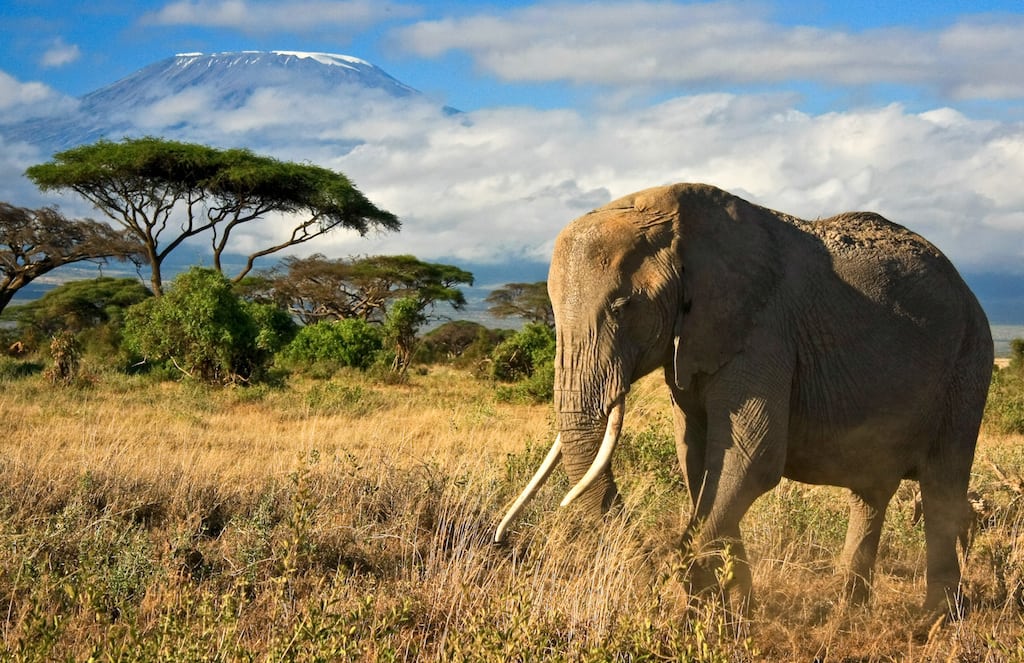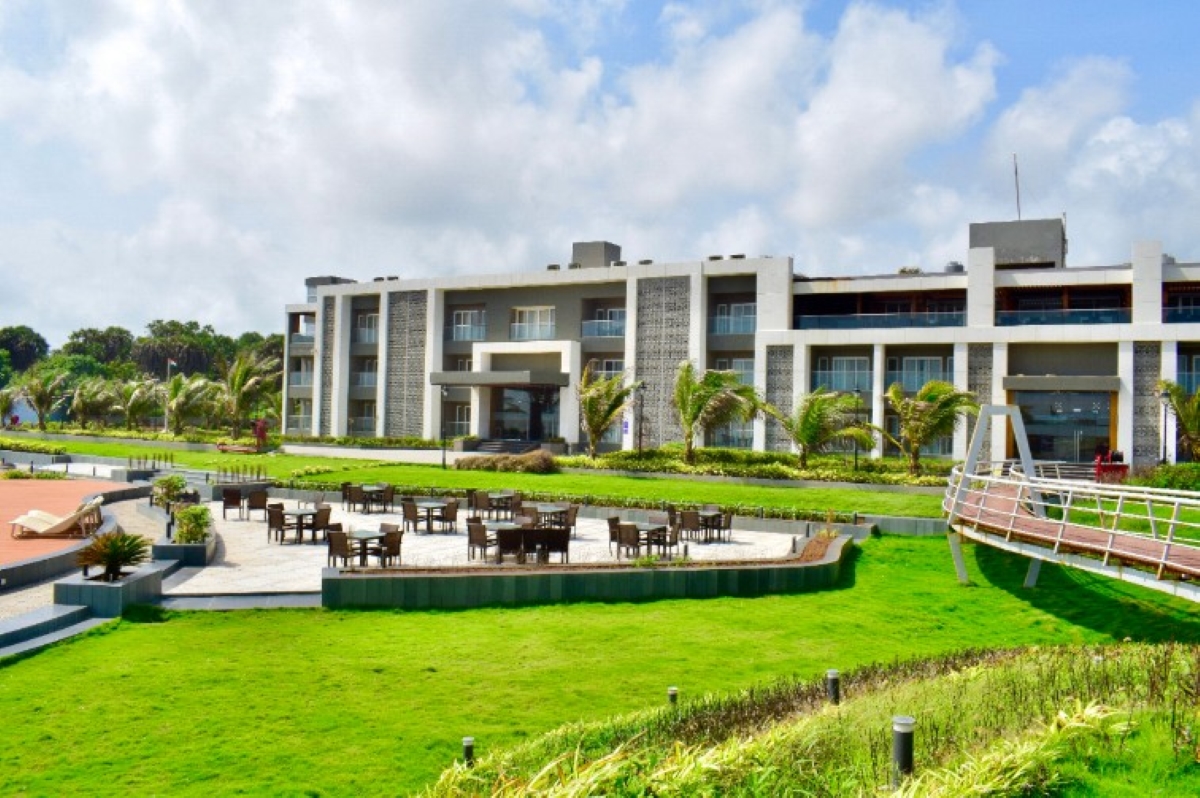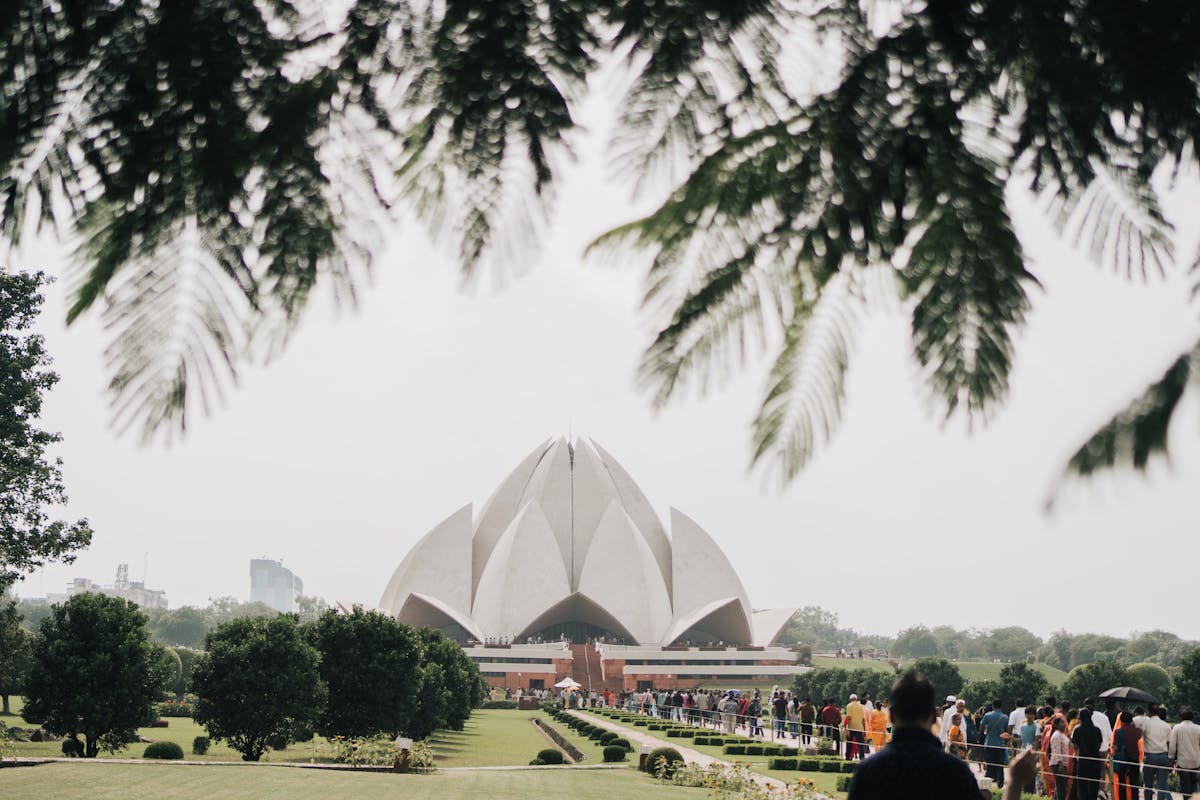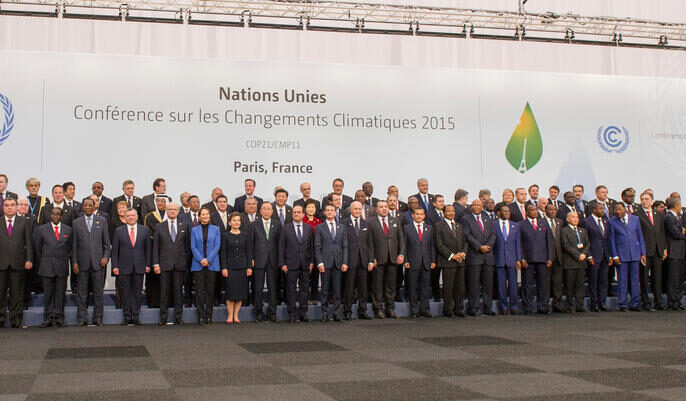Customization, Freedom and the Next Phase of Luxury Travel

Skift Take
It's not enough for luxury tour operators to build pricy, exclusive travel experiences anymore. Shifting consumer behavior has led to the need to develop a diverse set of products while anticipating consumer demand years ahead of time.
For companies like Cox & Kings, which has been operating more than 250 years, growth in the luxury market has been an opportunity for expansion into new destinations and tailoring experiences for specific clients. While best known for safaris and trips to the extreme reaches of the globe, the company has been pushing into more urban products, especially in developing countries.
Cox & Kings' president of the Americas Scott Wiseman spoke to Skift about the line between customization and freedom for luxury travelers, how the tour operator decides to expand into emerging destinations, and why luxury travelers still depend on travel agents.
Skift: What kind of trends do you see in the luxury tour space right now?
Wiseman: For us this year the big a-ha was talking with clients and getting them to realize what we call the friends-with-benefits effect. It was kind of this trend we picked up on of clients realizing that if more people go on vacation with them, like their friends and family, that the pricing comes down because they've shared services.
It seems so obvious but on a custom trip, people would get a price point and just assume multiply that by four or six and that's what everyone's paying. They didn't realize you could save yourself something upwards of a $1,000-per-person if you have friends come along.
Skift: On that note, what's your outlook for luxury travel in a global economy that increasingly looks like its facing headwinds?
Wiseman: It all started with the confidence in China falling off. I will say this, I do think our clients are not worried about job loss, they're not worried about real estate and home values and things like that, but the stock market is a pretty decent indicator. There's probably a correlation of about 30 percent of our business up or down is affected by what happens in the stock market.
As long as Wall Street gets big fat bonuses, we do really well. The wealthy, and people in general, get tired of multiple years of scaling back and holding back on spending. Travel is usually in my opinion is the first thing to come back over watches and cars. Because it's experiences, the "I want to travel while I can, I'm not getting any younger." That's the good thing that works for us, but I would say I'm cautiously optimistic for this coming year.
Skift: How personalized do your travelers want their trips? Are they willing to pay more for more intensively customized itineraries?
Wiseman: It's beyond choice, they want to bring personal passions involved in it. It used to be when people were ticking things off their travel list, they just wanted to do what their friends were doing. Now people want to do it, not just for bragging rights, but because they have a personal passion. We're seeing much more than we've seen in the past of people wanting us to help them track their roots, too.
They're pursuing personal interests to the point where money is no object. We've had people pay $500 a ticket to see a Japanese baseball game in Osaka, which you wouldn't have seen in the past. Which is fun, because it allows us to do things like give them all the traditional garb and the sticks they bang, and the scarves and stuff along those lines.
Skift: What do you make of the divide between those who want a slower, more intimate luxury travel experience and those who want to pack their vacation full of destinations and activities? Are those two types of experiences incompatible?
Wiseman: A couple of years ago, we realized people were looking for ways to do a trip faster without sacrificing anything. We have two products, in particular, where this comes into play. We can take you to base camp at Everest, but then we helicopter you back down. And we take you to Antarctica, but you don't go through the Drake Passage, so you save five days and you're not praying the whole time that you live. We just fly you right over into the sound.
Those things were important, because some people wanted to see things quicker, so we did in a way that you don't lose any of the experience. What you're losing is maybe the unnecessary experience, so we figured out ways to do that.
We're also giving people the freedom to do what they want as well, which is why we customize. We have people that travel with us and we're giving them things they wouldn't be able to find on their own, but at the same time through mobile apps they're still able to find what they think is arguably the best coffee roaster in Bolivia, for example. We're here to show you things that you maybe didn't consider and give people the free time to be able to mix their own activities in as well.
Skift: What about the influx of smartphones and travelers wanting to stay connected to the web on vacation? Do you get a lot of travelers who want to disconnect completely on their trip?
Wiseman: There used to be a trend where people wanted to be unconnected. I was never a fan of that, I think a trip is better when it's connected for lots of different reasons, so we don't purposely design trips that are unconnected and very rarely does anyone ever say, "I want to go off the grid." I think those days have passed too, and trends seem to be accelerating through their life cycle so much more quickly.
Skift: What does Cox & Kings look for when considering a new destination? Your team has to essentially predict consumer interest years ahead of time.
Wiseman: That's been the fun part of the last couple of years, the quickness of it keeps us on our toes so from product development. We're putting out 30, 40 or 50 new itineraries or different ways we can do certain things a year than what we've been doing in the past. Not all of them are selling, or super popular, but they're planting seeds, getting people to start being creative. Someone's got to go to El Salvador first, and then it all of a sudden one day clicks for consumers.
We have a lot of time spent on product development, talking to our people on the ground and asking, "What's new from an infrastructure standpoint?" Are there roads, airports and accommodations? Sometimes it's visa processing, whatever makes it a little bit easier for us and the traveler.
Skift: What's your thought on using mobile apps to provide customizable itineraries and other trip information in the luxury space?
Wiseman: We don't have an app that provides the itinerary, because they're multi-faceted with flights and everything else involved. We do provide that to them in a regular PDF or word document, but we are working with a third party that they're aggregating a whole bunch of different information, so that the client can have an app and see that. There's a few of them out there, uMap and a couple others in the marketplace.
We take the responsibility as a luxury tour operator and call people if there's flight changes and get ahead of it. Let's say a travel agent has a client that's taking a cruise, there could be a pre-night at a hotel, there could be flights. There could be the cruise itinerary, there could be the land arrangement. How do you consolidate all of that into one itinerary?
There's a few emerging technologies that are working on that.
Skift: There's a lot of talk about travelers looking to book their own trips and tours without the help of an agent. Would you still say travel agents are invaluable for the luxury traveler, or are you getting people coming to you looking to book directly without the intermediary?
Wiseman: We get both, we have consumers come to us directly, we have travel agents that have worked with us. We find, too, that people will do research on our website and then might call a travel agent after.
Luxury travelers don't have time to do it themselves, time's their biggest commodity. So if they have an agent that they're working with, it's easy for them to turn them on to us and then go from there. We have more and more people requesting us through their travel agency, so that's a good sign too.




